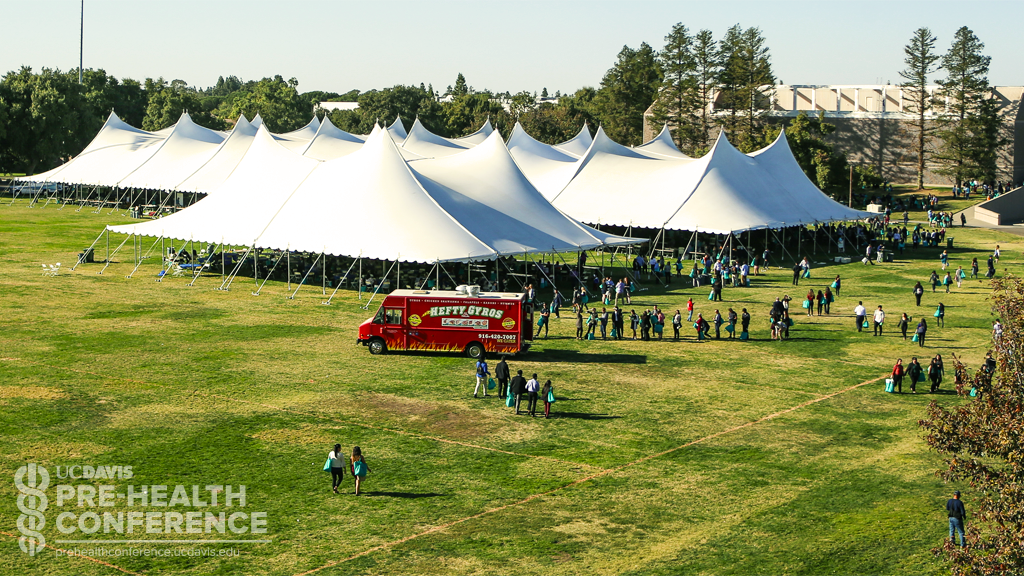Last weekend, the Cal Poly Pre-Health advisors headed up to UC Davis for their annual Pre-Health Conference! The day consisted of a keynote speaker discussing the importance of diversity and equity in healthcare, a fair with hundreds of health professional schools to talk to, and workshops on a variety of pre-health topics. Here are some of my main take-aways from the conference:
Application tips
1. As you get ready to apply, make sure to read the mission statement of each school. After speaking with several nursing school representatives, I understood how each school looks for something specific in an applicant. For example, UCLA places a strong emphasis on the value of nursing as a science; because UCLA is a large research institution, they value research as a means to achieve better patient care. On the other hand, UC Davis emphasizes the importance of working with underserved populations. Make sure to research each school to determine if their mission is a good fit for you and tailor your application accordingly.
2. There are some red flags that could make or break your application:
Application tips
1. As you get ready to apply, make sure to read the mission statement of each school. After speaking with several nursing school representatives, I understood how each school looks for something specific in an applicant. For example, UCLA places a strong emphasis on the value of nursing as a science; because UCLA is a large research institution, they value research as a means to achieve better patient care. On the other hand, UC Davis emphasizes the importance of working with underserved populations. Make sure to research each school to determine if their mission is a good fit for you and tailor your application accordingly.
2. There are some red flags that could make or break your application:
- Make sure all parts of your appliction align with each other. For example, showcase your experiences in a way that explains why you are choosing that career or specialty. If you have experience in a physical therapy office but are applying to nursing school, explain what you learned in a way that applies to nursing. Do not focus on the physical therapy aspect and do not just put the experience on the application without an explanation.
- Proofread all parts of application thoroughly! Definitely get all of your spelling/ grammar correct, but also make sure the school name matches where you are submitting. (Don't have "Dear UCSF admissions" if you are submitting to University of San Diego. This might seem silly but apparently it happens!)
- Always address all aspects of their personal statement prompt. Each school might be a little different so read carefully.
General healthcare tips/ insight
1. As you begin your professional school and eventually enter the workforce, be ready to work as a team with your colleagues. As a healthcare provider, the patient outcome is the number one priority, and the best patient care comes from working with a variety of people with different strengths and education. Be willing to communicate, problem solve, and see the other person's side of things if there is conflict.
2. Be aware of your personal biases and work to reduce them. Healthcare providers take oaths to treat all patients equally, yet data undeniably shows that there are significant disparities in healthcare for vulnerable populations. If you were to ask a provider about this, they would most likely say "that's not caused by me, it must be someone else." The keynote speaker, Dr. Kupiri Ackerman-Barger, discussed that everyone has unconscious biases; this is just human nature. A key aspect of reducing these health disparities will be for each individual provider to recognize this instead of deny it. Then, if we can process these biases and consciously work to reduce them, all patients will receive more equal care. Watch this video by Dr. Ackerman-Barger for more insight about inclusion in healthcare.

Comments
Post a Comment